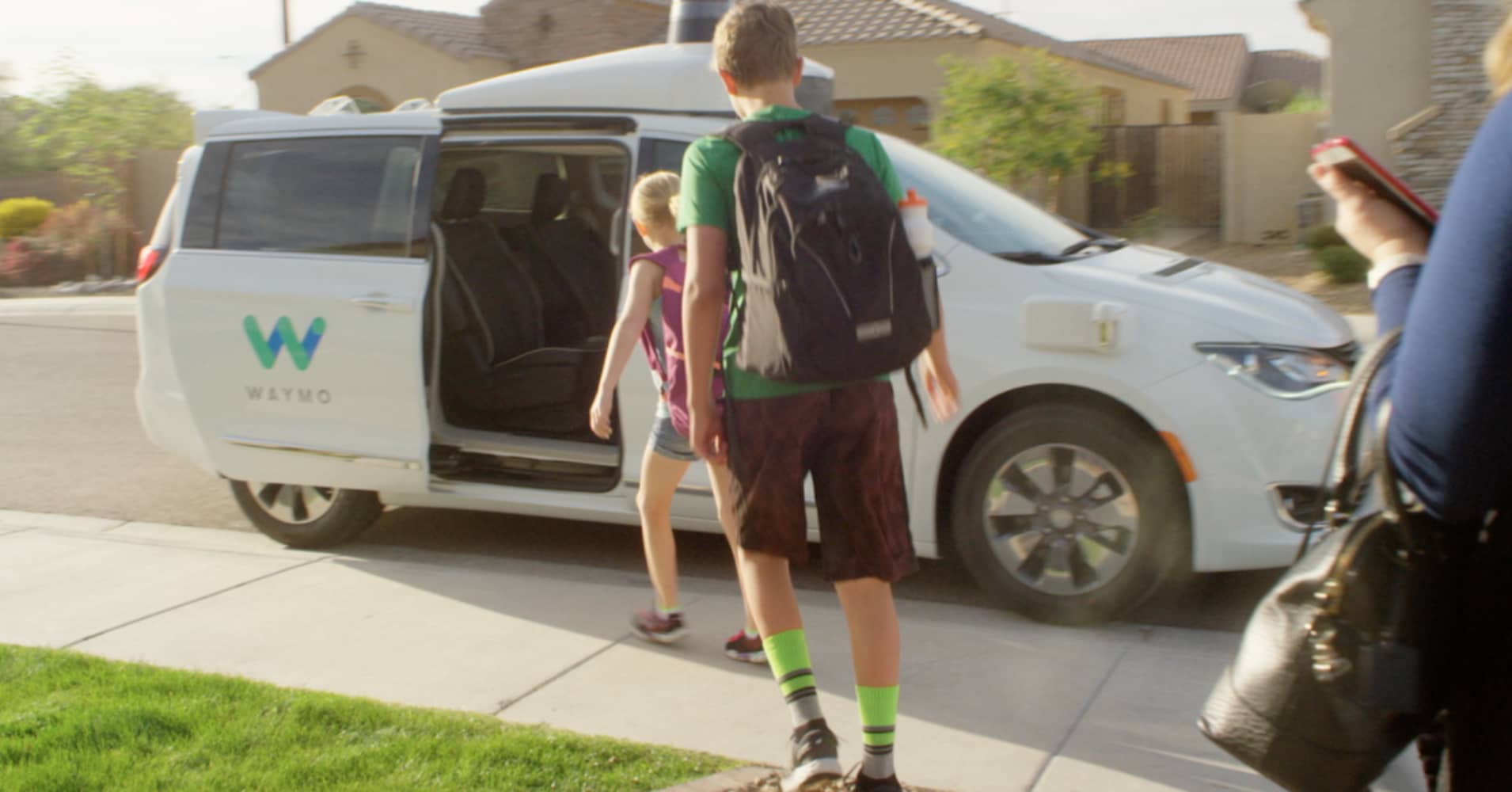
Alphabet‘s self-driving cars are annoying their neighbors in Chandler, Arizona.
More than a dozen locals who work near Waymo’s office gave The Information the same unequivocal assessment of the cars, which reportedly struggle to cross a T-intersection there: “I hate them.”
One woman said that she almost hit one of the company’s minivans because it suddenly stopped while trying to make a right turn, while another man said that he gets so frustrated waiting for the cars to cross the intersection that he has illegally driven around them.
The anecdotes highlight how challenging it can be for self-driving cars, which are programmed to drive conservatively, to master situations that human drivers can handle with relative ease, like merging or finding a gap in traffic to make a turn.
Waymo has been testing its vehicles in the Phoenix suburbs for little more than a year and is widely seen as the furthest along in the self-driving car space, but its safety drivers have to take control of the vehicles regularly, people with direct knowledge of the issues tell The Information.
A Waymo spokesperson says that its cars are “continually learning” and that “safety remains its highest priority” during testing. The spokesperson also said that Waymo is using feedback from its early rider program to improve its technology, though it declined to comment specifically on the intersection complaints mentioned in The Information story. The company has previously said that it plans to launch a commercial self-driving taxi service before the end of the year, but that its service will still include a Waymo employee in each car as a “chaperone.”
The potential for self-driving cars is so powerful because they eliminate aspects of human error and unpredictability that make driving dangerous, like speeding, texting, drinking or blowing through stop signs. However, as they start coexisting on roads alongside human drivers, that very unpredictability can confuse the cars, which may stop abruptly, endangering or aggravating people.
Waymo and other self-driving car companies will continue to try to work out software kinks and expand their regions of operation, but experts are divided on when self-driving cars will actually become mainstream.
As Waymo’s CEO said in June during a talk at a National Governors Association meeting: the time period to make automated vehicles widespread “will be longer than you think.”
Read The Information story here.
Clarification: This piece previously referred to the Waymo employee who will be in the car when it launches its taxi service as a “safety driver.”
Be the first to comment